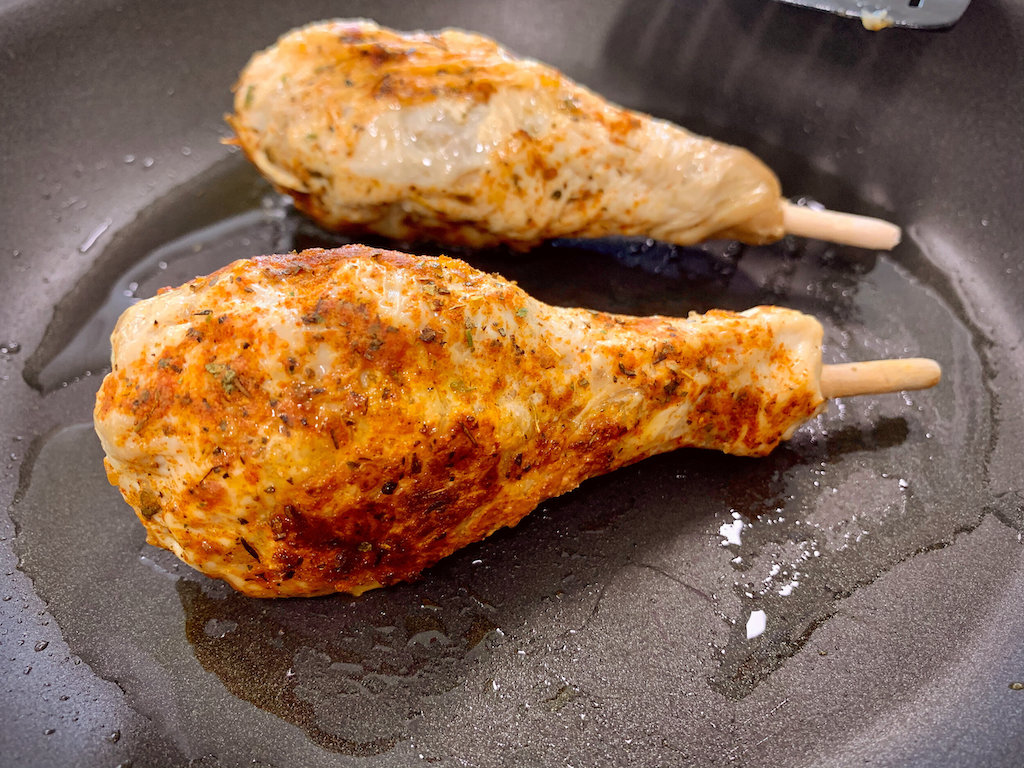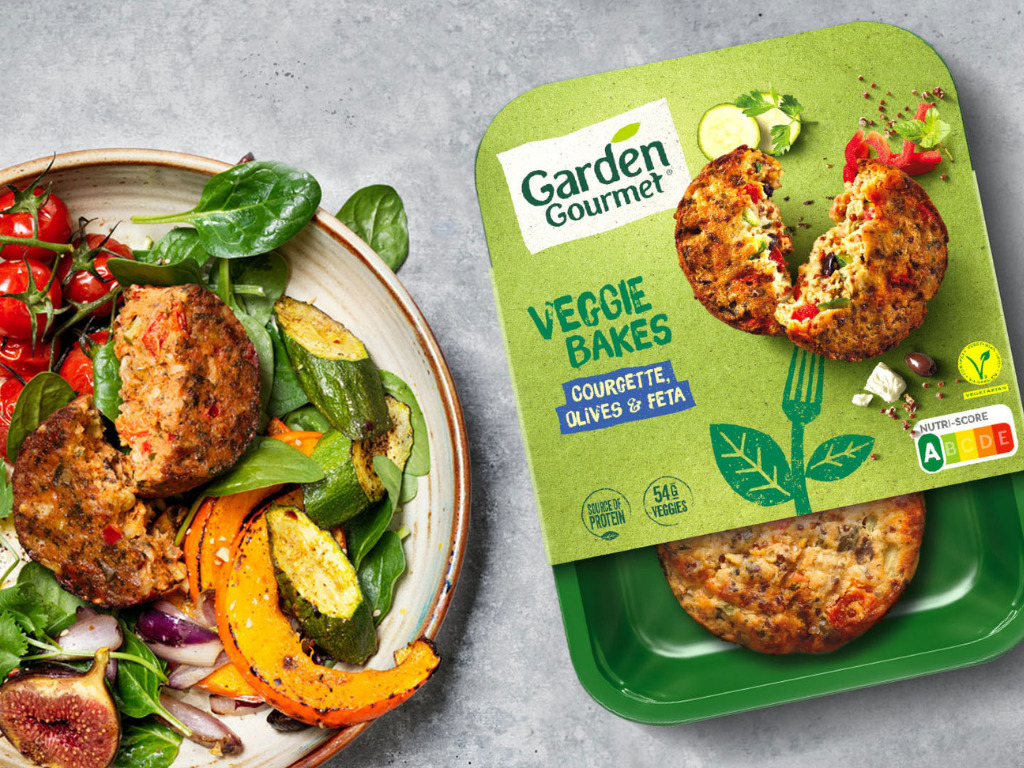Sales across the board for Nestlé grew by more than three percent in 2021 to more than $94 billion USD. One of the food giant’s biggest drivers: plant-based food.
Nestlé’s plant-based portfolio includes vegetarian brands Garden Gourmet, Natural Bliss, Vuna, and Sweet Earth. But it’s also including offerings from across its portfolio including dairy-free KitKat bars, and Nescafé products, among others. Sales of vegetarian and plant-based food grew at double digits (Nestle did not divulge the exact figure) for the Swiss multinational, according to its full-year sales results. The category reached about $860 million USD.
“In 2021, we remained focused on executing our long-term strategy and stepping up growth investments, while at the same time navigating global supply chain challenges,” Mark Schneider, Nestlé CEO, said in a statement accompanying the report.
“Our organic growth was strong, with broad-based market share gains, following disciplined execution, rapid innovation and increased digitalization. We limited the impact of exceptional cost inflation through diligent cost management and responsible pricing. Our robust underlying earnings per share growth shows the resilience of our value creation model,” he said.
Sustainability at Nestlé
According to Schneider, sustainability plays a part in Nestlé’s success.
Chief among the commitments is Nestlé’s carbon emissions targets; it’s expected to reduce emissions a further 20 percent from 2019 outputs by 2025, and 50 percent by 2030.

“The key issue here is that we are able, with our reduction initiatives, to overcome the upward trend that comes from growth and hence the whole notion of growth adjusted reductions,” Schneider said. “That is something that we strongly pointed out in our Net Zero roadmap and is now fully borne out.”
“Our sustainability agenda further progressed as we enhance the well-being of our consumers, help regenerate the environment and strengthen the farming communities in our supply chains,” Schneider said.
Transparent supply chains
Those supply chains include the cocoa market—an industry rife with child labor, even despite efforts by the world’s largest cocoa producers to curb it.
Last month, Nestlé announced plans to invest more than $1.4 billion USD into tackling the child labor issue in its supply chain. It’s an off-shoot of the Nestlé Cocoa Plan. That plan sees bonuses for increased crop productivity. The incentive also provides farmers more support, which Schneider says helps keep the supply chain transparent and traceable, “because only with the fully traceable supply chain you can generate consumer trust.”
The commitment will lead to new cocoa products in 2023, including expanding on the success of its KitKat bars. It launched a dairy-free version last year with much success. The new items will highlight its farmer commitments.
New products
Vuna, the recently launched plant-based tuna alternative, saw strong demand, according to Nestlé. It also relaunched its Garden Gourmet brand last September with four new products and a carbon-neutral commitment that it expects to hit this year.
We want people to fall in love with plant-based eating at first bite which is why we have worked hard to deliver even more meat-like flavour and texture to satisfy even the most discerning of taste buds”, Honza Dusanek, Managing Director for Food and Dairy at Nestlé UK and Ireland, said in a statement last year.

Last October, it added vegan egg and shrimp products to the Garden Gourmet label.
Just last week, Nestlé launched a plant-based version of its Milo malt drink in Thailand. Lactose intolerance is extremely high in Asian demographics.
“Milo is a much-loved and iconic brand, so we are proud to offer people this new soy version,” Chaiyong Sakulborrirug, business executive officer of dairy and adult nutrition at Nestlé (Thai) Ltd, said in a statement.
“Plant-based beverages are becoming increasingly popular in Thailand as people look to lessen their environmental impact and take care of their health. We believe this launch will help create a positive trend towards plant-based alternatives.”
Last November, Nestlé led a $4 million investment round into California-based startup, Sundial Foods. It creates vegan “skin-on” chicken.
Article Credits: Green Queen
